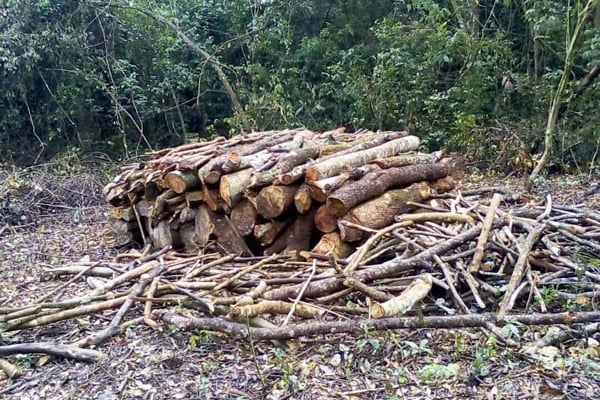Prime
Nema should attach ecosystem valuation on Bugoma forest

As the world commemorated the International Wetlands Day on February 2 under the theme: ‘Shines a spotlight on wetlands as a source of freshwater and encourage actions to restore them and stop their loss,’ the Save Bugoma Forest Campaign team, organised a meeting with Bugoma forest host communities.
It was observed that communities are heavily dependent on ecosystems services in form of food, raw materials, medicinal plants and others, from which income is generated for livelihoods.
In addition, Uganda’s economy heavily relies on ecosystem services with agriculture and forestry contributing more than 32 per cent of Uganda’s GDP while tourism contributes more than Shs7b in revenues to the economy.
This is further backed by the more than 90 per cent of Uganda citizens directly generating their energy needs from environmental services, making it a key resource for supporting livelihoods in the country.
Despite the huge contribution to the economy and citizens’ livelihoods, ecosystem services are not traded in the market and do not have monetary value attached to them hence resulting in threats of degradation.
The economists, policy makers and developers are the primary drivers of the degradation as they present their arguments of the value that will be got from an ecosystem should development take place on it.
For instance, arguments backed by statistics of how many jobs will be created, the number of infrastructure that will be constructed, and the amount of revenues that will be generated from taxes, are used.
These are done without understanding the foregone environmental costs, which would be addressed if the ecosystems service value is ascertained before the projects are considered.
Although environmentalists have attempted to protest the above, they are often rubbished because of lack of concrete data on the true value these ecosystems contribute to the economy.
Therefore, I call upon the National Environmental Management Authority to work with sister institutions to formulate guidelines for assessment and integration of ecosystem valuation in development planning.
It should also be made mandatory for all projects taking place in sensitive ecosystems to produce assessment report.
This will help to guide when making decision in regards to the project.
Shadia Nakazibwe




